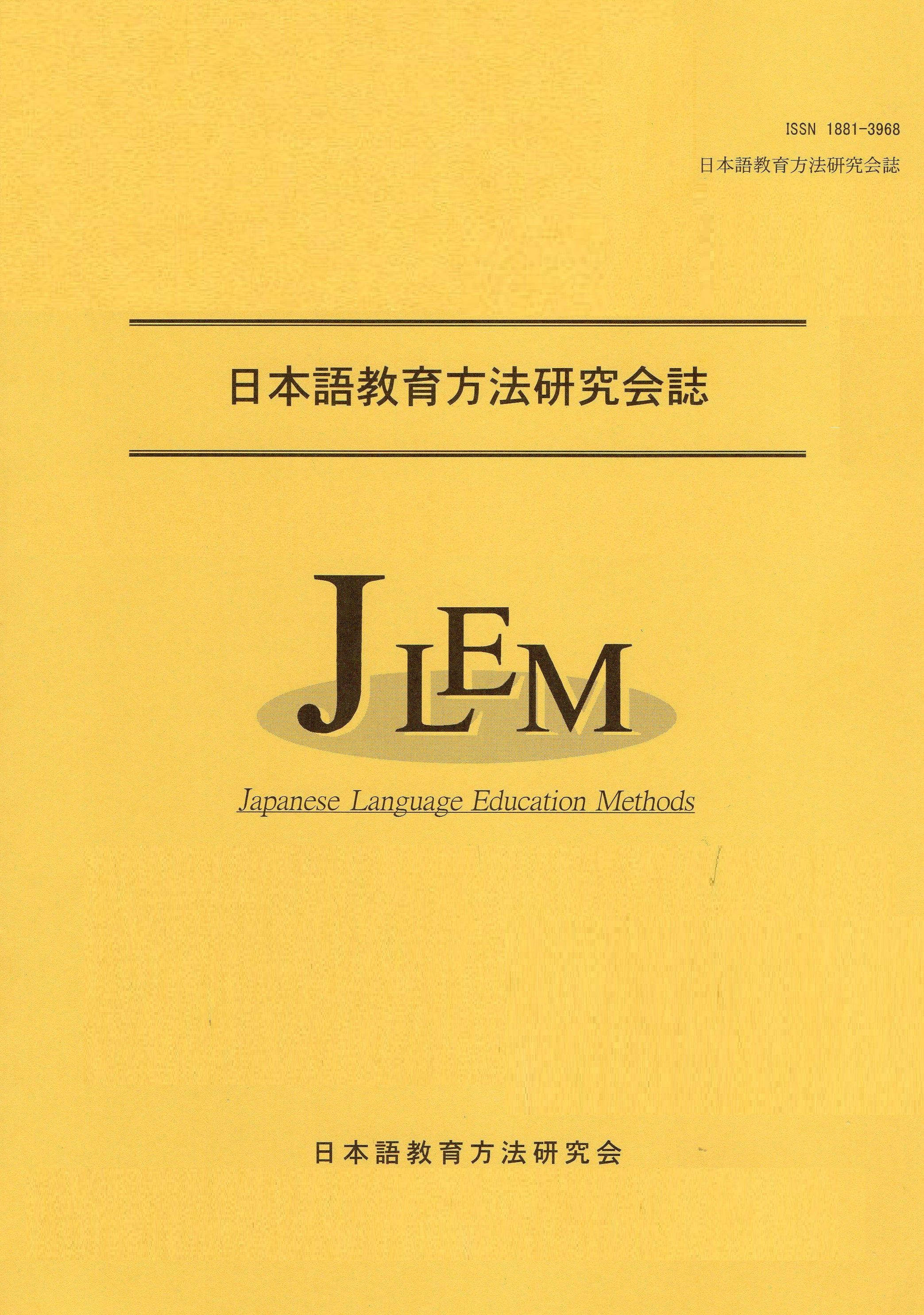最新号
選択された号の論文の62件中51~62を表示しています
-
2023 年 30 巻 1 号 p. 98-99
発行日: 2023年
公開日: 2023/12/27
PDF形式でダウンロード (599K) -
2023 年 30 巻 1 号 p. 100-101
発行日: 2023年
公開日: 2023/12/27
PDF形式でダウンロード (645K) -
2023 年 30 巻 1 号 p. 102-103
発行日: 2023年
公開日: 2023/12/27
PDF形式でダウンロード (560K) -
2023 年 30 巻 1 号 p. 104-105
発行日: 2023年
公開日: 2023/12/27
PDF形式でダウンロード (660K) -
2023 年 30 巻 1 号 p. 106-107
発行日: 2023年
公開日: 2023/12/27
PDF形式でダウンロード (688K) -
2023 年 30 巻 1 号 p. 108-109
発行日: 2023年
公開日: 2023/12/27
PDF形式でダウンロード (600K) -
2023 年 30 巻 1 号 p. 110-111
発行日: 2023年
公開日: 2023/12/27
PDF形式でダウンロード (599K) -
2023 年 30 巻 1 号 p. 112-113
発行日: 2023年
公開日: 2023/12/27
PDF形式でダウンロード (191K) -
2023 年 30 巻 1 号 p. 114-115
発行日: 2023年
公開日: 2023/12/27
PDF形式でダウンロード (610K) -
2023 年 30 巻 1 号 p. 116-117
発行日: 2023年
公開日: 2023/12/27
PDF形式でダウンロード (712K) -
2023 年 30 巻 1 号 p. 118-119
発行日: 2023年
公開日: 2023/12/27
PDF形式でダウンロード (635K) -
2023 年 30 巻 1 号 p. App-
発行日: 2023年
公開日: 2023/12/27
PDF形式でダウンロード (355K)
